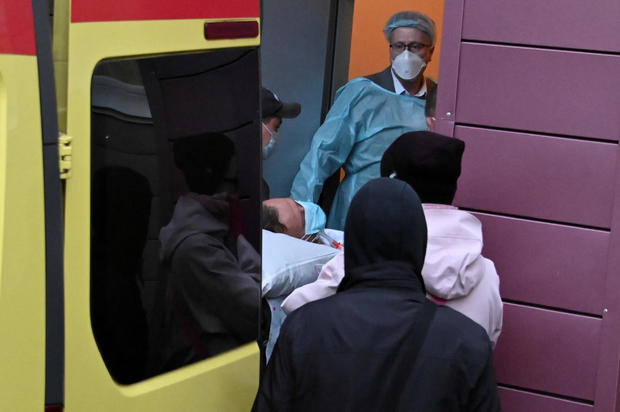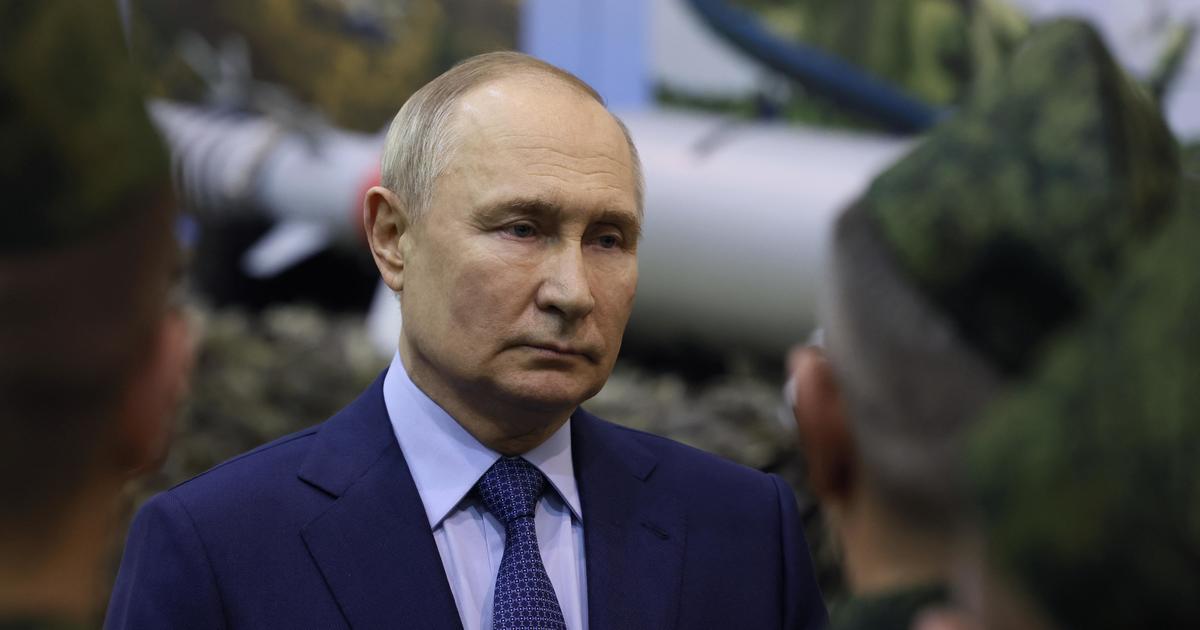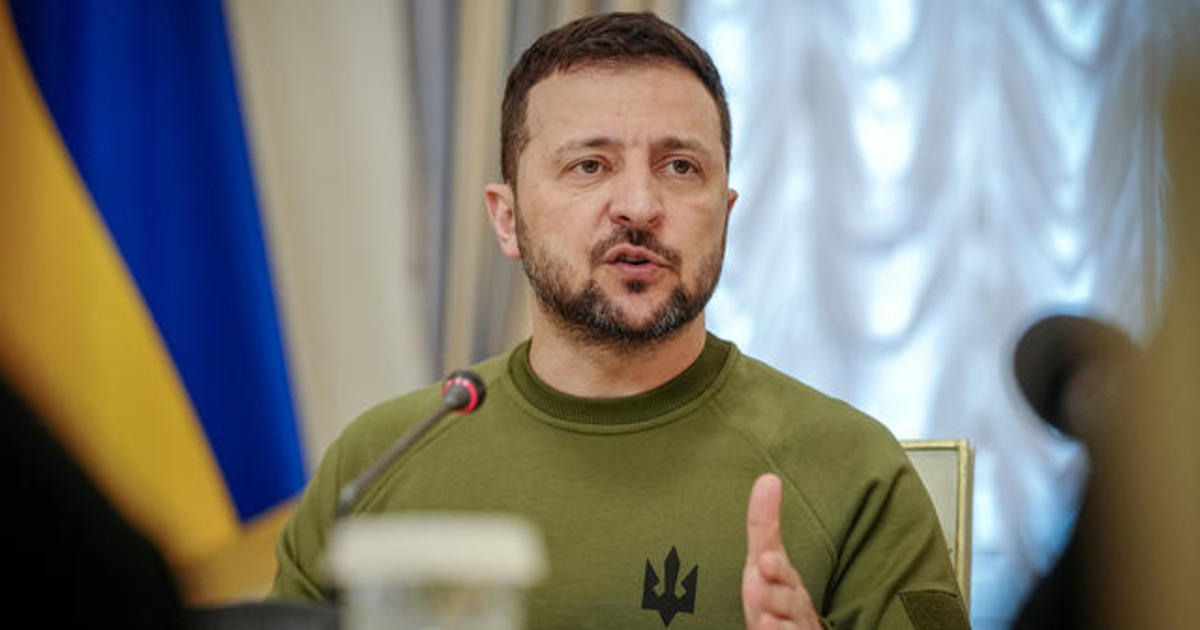German doctors say there's evidence Putin foe Alexei Navalny may have been poisoned
Moscow — The German hospital where Russian opposition leader Alexei Navalny is being treated said in a statement on Monday that doctors had found cholinesterase inhibitors in his body, suggesting he may have been poisoned. The chemicals are found in several drugs, but also in some pesticides — and in nerve agents.
The doctors said it was still unclear how or when Navalny was exposed to the chemicals. His family and aides have said they believe Navalny was poisoned with a cup of tea, and they've pointed the blame at Russian President Vladimir Putin.
The Charite hospital in Berlin said Navalny, a long-time, harsh critic of Putin, was still in a serious condition in intensive care "in an induced coma" on Monday, but added that "there is currently no acute danger to his life."
Over the weekend Navalny, who has faced numerous arrests and even been the subject of a previous suspected poisoning, was flown to Germany for treatment at the request of his team and family. Russian government agents have been accused of using nerve agents to poison people in the past, including the high-profile case of former double agent Sergei Skripal, who was left seriously ill in an attack in England in 2018.
While the German hospital's statement stuck to the facts and declined to make any final rulings, Navalny's aides called it proof, with his spokeswoman saying in a tweet: "It is official now: Alexei Navalny has been poisoned."
Russian doctors who treated Navalny in Siberia denied earlier on Monday there was any official interference in his treatment. The 44-year-old Kremlin critic was rushed into intensive care on Thursday after he fell ill on a plane to Moscow and it landed in the Siberian city of Omsk.
"Can't tell you who they were"
The Russian doctors initially refused to allow his transfer last week, claiming he was too ill to be moved. They relented after German doctors examined Navalny in Omsk and stated publicly that he was in a stable condition for transfer, dismissing the basis of their Russian counterparts' refusal as false.
Doctors who treated him in Russia gave a press conference in Omsk on Monday morning, denying they were influenced by officials while treating him.
"There was no influence on the treatment of the patient a priori and there couldn't have been any," the chief doctor of the Omsk emergency hospital No. 1, Alexander Murakhovsky, said.
"We didn't agree any diagnoses with anyone. There was no pressure on us from any doctors or any other forces."
Journalists and Navalny's allies said the hospital was packed with police and plain-clothed officers sat in Murakhovsky's office.
"I can't tell you who they were," the chief doctor said. "I had a lot of people in my office, after all (Navalny)'s a political figure."
"I can't say they did anything... They just came and asked what was going on," he added.
"Nothing in the blood"
Berlin's Charite hospital said Sunday that Navalny was stable.
The Omsk regional health ministry said Saturday that caffeine and alcohol were found in Navalny's urine, but "no convulsive or synthetic poisons were detected".
"Yes of course we found substances," said the hospital deputy chief Anatoly Kalinichenko, while adding that Navalny did not have alcohol poisoning.
Doctors repeated their insistence that no poison was detected by blood tests.
"There was nothing in the blood," said Murakhovsky.
"If we had found poisoning, confirmed something, for us that would have been much easier," said Kalinichenko.
The Omsk doctors said Navalny appeared to have had a "metabolic disorder" and low blood sugar.
Doctors insisted they had acted appropriately.
"We saved his life, stabilized his state," said Kalinichenko, adding that Navalny had been in a "critical state."
"For the first day and a half we were fighting practically every moment for his life."




